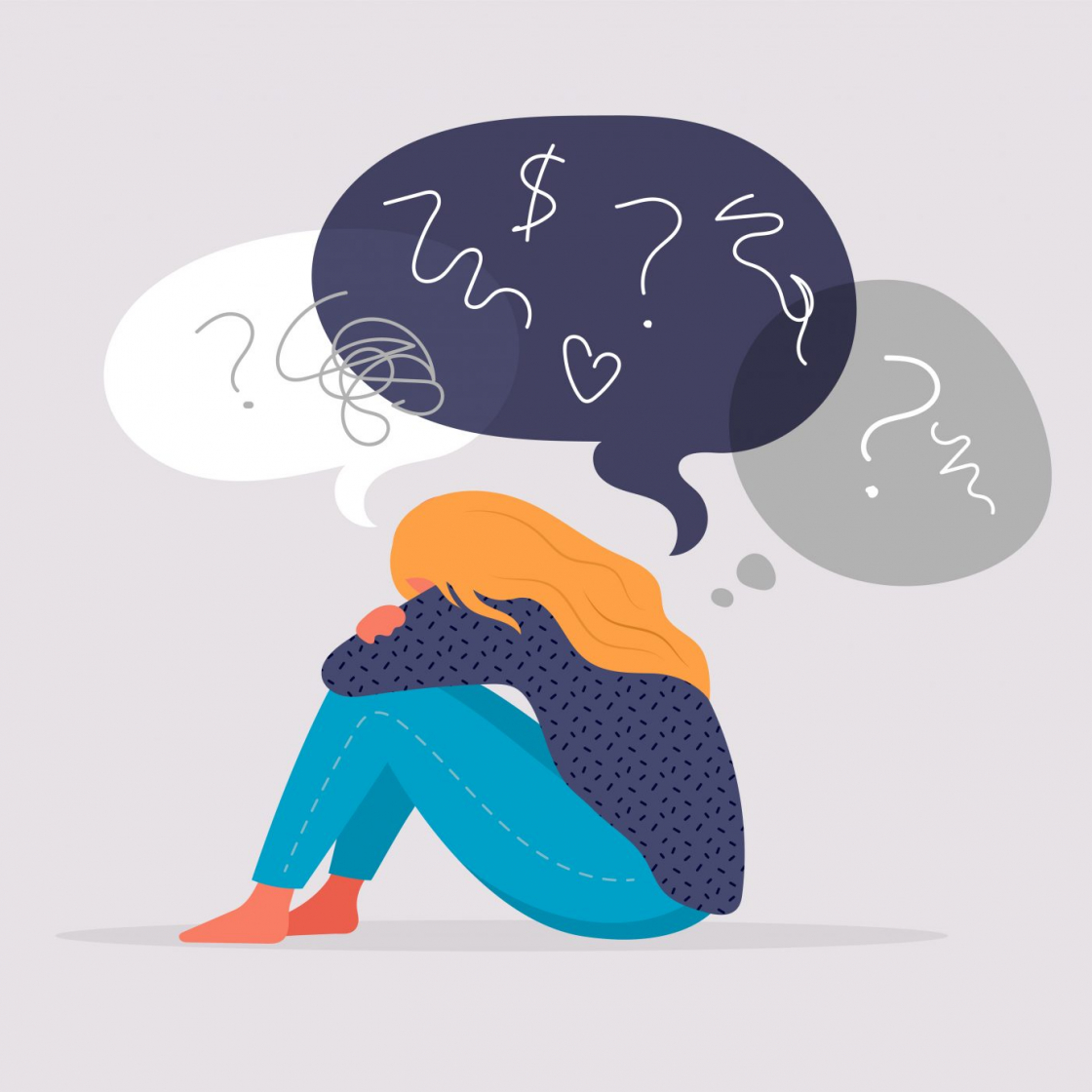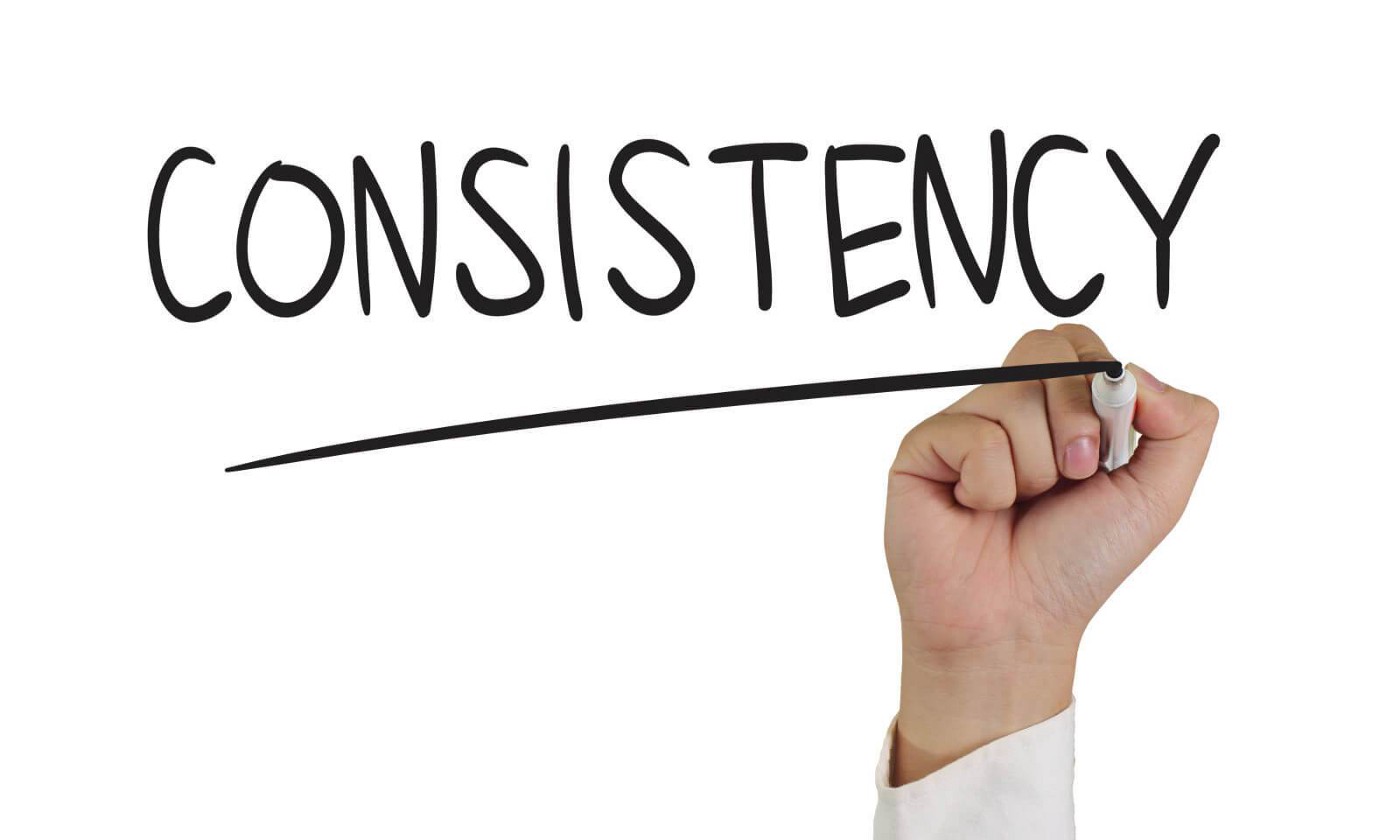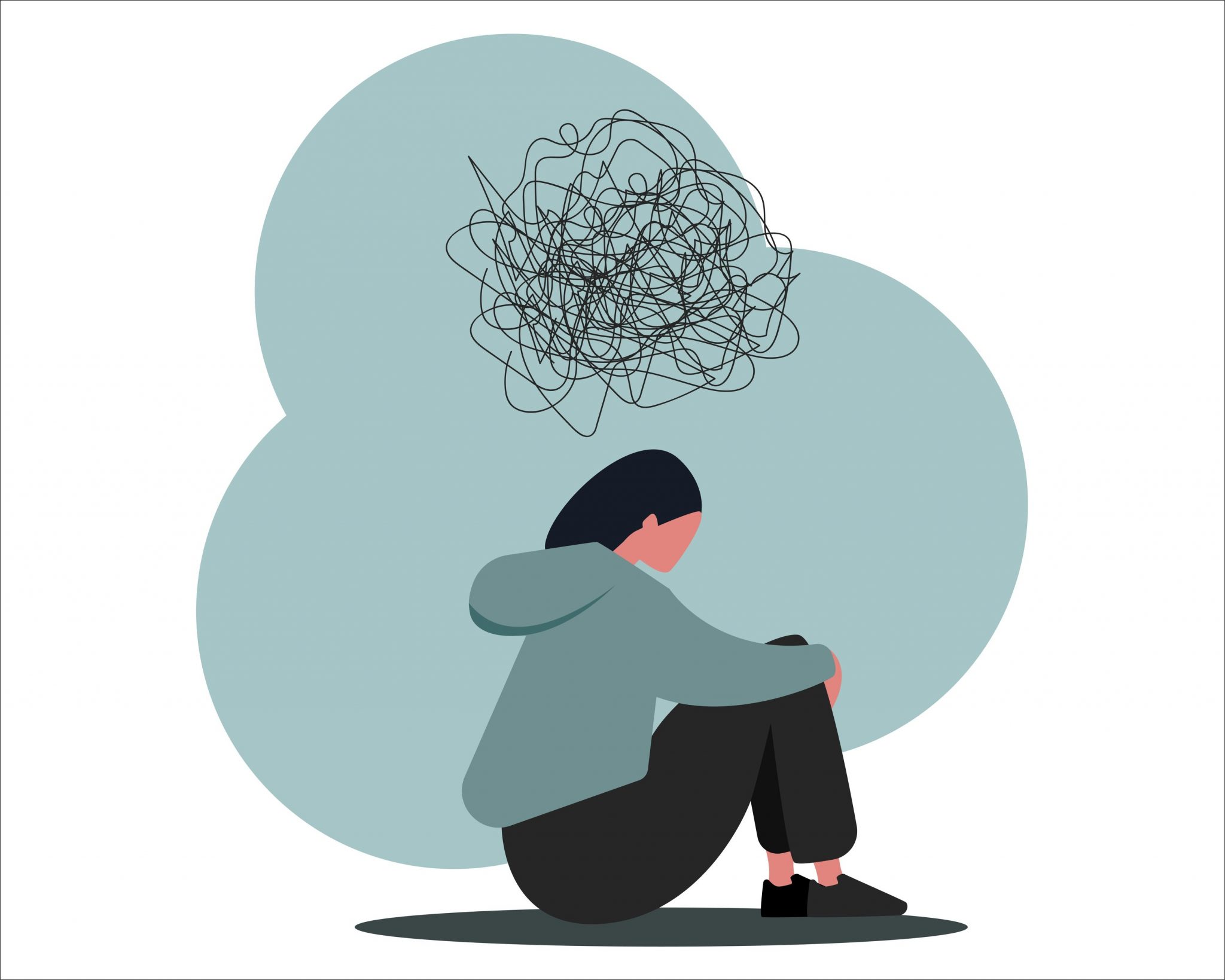
Fighting Stress, Anxiety, and Depression—Naturally: Sleep, exercise, diet, and meditation are the foundations of health and can help anyone, depressed or not, feel better. The aim of this post is to provide guidance to anyone suffering from fatigue, insomnia, depression, anxiety, stress, burnout, or problems with attention and focus, with part one discussing behavioral interventions, and part two focusing more on supplements and over-the-counter treatments.
Safety First

Please always speak to your doctor if you feel unsafe or have had suicidal thoughts and certainly do not stop your medication or make changes on your own. If your symptoms are sufficient to impair your ability to work, sleep, or relax, consider getting professional help.
Consistency Is Key to Whatever You Do

Before we dive into alternatives to taking prescription meds, I would like to emphasize the importance of taking things seriously and sticking to a regimen. Too many people promise they will do something regularly, like exercise or meditation, and then their intentions fall to the wayside.
Be consistent and patient. Whatever you try, do it daily and stick to the course for at least a month. Treat these interventions as you would medicine—do not miss doses. A fair number of people end up on meds because they are easier than adhering to a more natural, behavioral plan, which can be equally helpful.
Sleep

Sleep is the most restorative activity for the brain. Evolution has kept sleep around in all plants and animals forever because it is so important. Our brains store information, recharge neurotransmitters (like serotonin and dopamine), process emotions, and experiment with creative solutions while we sleep. Good sleep leads to better impulse control, which makes it easier to stop thinking in loops, falling off emotional cliffs, eating too many potato chips, or doom scrolling until the wee hours of the night.
Exercise

Our basic human functions not only require good sleep at night but ample activity by day. We simply were not designed to sit behind a desk or on a couch all day.
“Vertical time” spent upright and moving about, ideally exercising on most days of the week, helps blow off steam and has been shown to improve neurogenesis, as described by authors of a 2018 article in Neural Regeneration Research. Neurogenesis involves the needed growth of new neurons and connections in the brain. Research indicates that exercise can improve mood, reduce anxiety, and enhance sleep quality at night.
I advise about 30 minutes of exercise daily, four to five times per week if possible. If you cannot speak easily while exercising, you know you are pushing the intensity enough.
Of course, exercise is as good for the mind as it is for the body. In a study published in Frontiers in Psychology, scientists conclude physical exercise “determines positive biological and psychological effects that affect the brain and cognitive functioning and promote a condition of well-being. [Physical exercise] plays an important role in counteracting normal and pathological aging.”
Mediterranean Diet

“You are what you eat.” If you want to be healthy, you must consume healthy foods. Indeed, experts long have known that, unlike high-fat Western diets, eating plans emphasizing the consumption of fish, vegetables, and fruits—like the Mediterranean diet—are associated with a lower risk of depression and depressive symptoms.
Many of these healthy foods contain antioxidants, natural chemicals with antidepressant properties. In fact, authors of an article in Antioxidants (Basel) propose that future studies consider how “diet and nutrition can be used as a part of a comprehensive strategy for the prevention of depressive problems. Moreover, patients with depression who are not suitable for drug therapy or psychotherapy can [potentially] use diet and nutrition adjustments as an alternative treatment.”
Meditation

Scientists have tied mindful meditation to improved sleep quality (Annals of the New York Academy of Sciences); a reduction in anxiety and positive alterations in the way the brain processes fear memories; and improvements in learning and memory processes, emotion regulation, self-referential processing, and perspective-taking” (Psychiatry Research: Neuroimaging).
But what is mindful meditation? Cognitive restructuring specialist Donalee Markus perhaps defines it best as a “state of being ‘present in the moment’ and controlling the inner dialogue that prompts one’s thoughts to wander.” The research director of the Benson-Henry Institute for Mind Body Medicine at the Harvard-affiliated Massachusetts General Hospital says, “Meditation trains the brain to achieve sustained focus and to return to that focus when negative thinking, emotions, and physical sensations intrude.” By so doing, meditation decreases the risks of depression.
Hi all, my name is Deepa Raghav. I am passionate about writing content on a wide range of general topics and particularly enjoy crafting engaging listicle-style articles.
